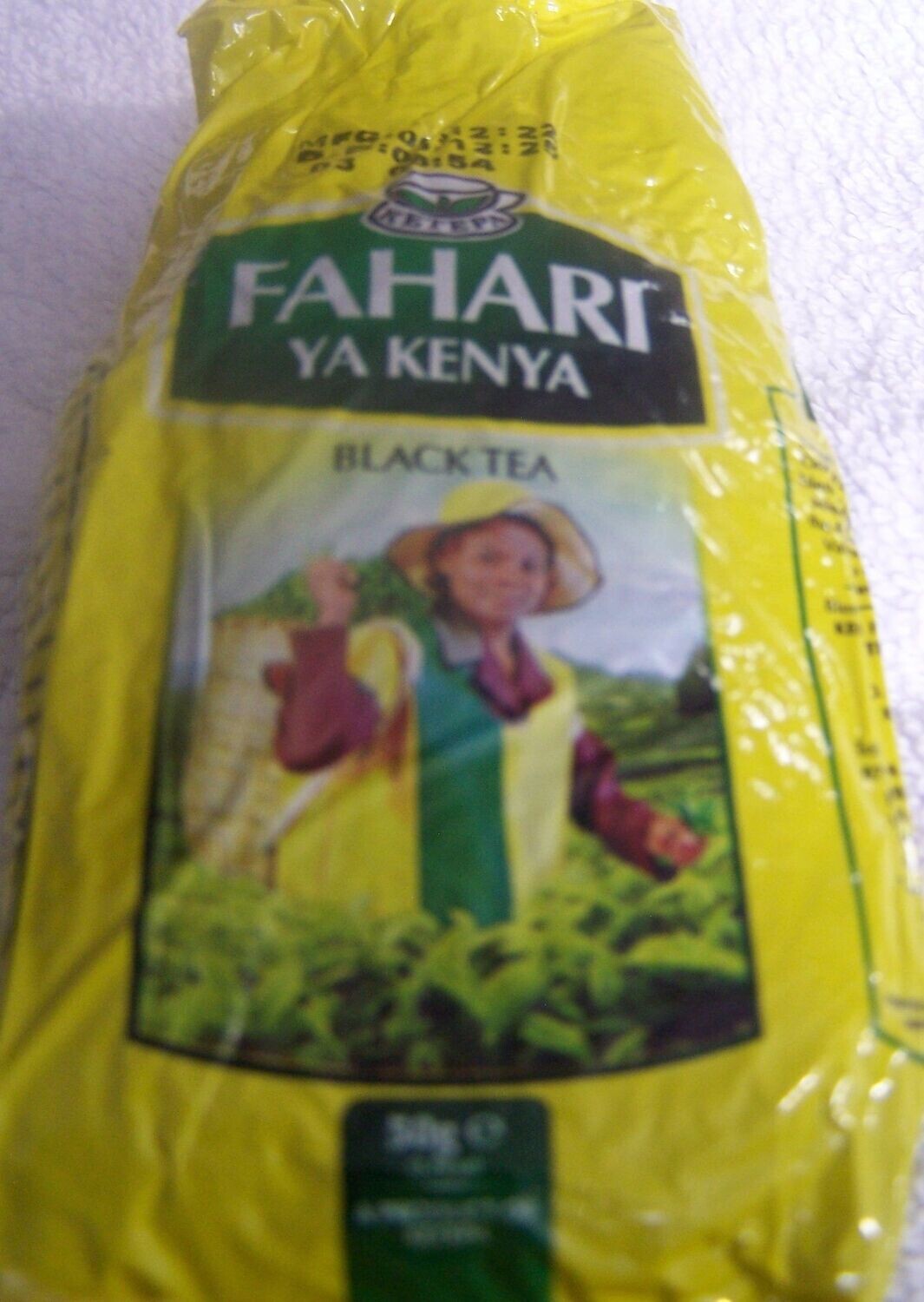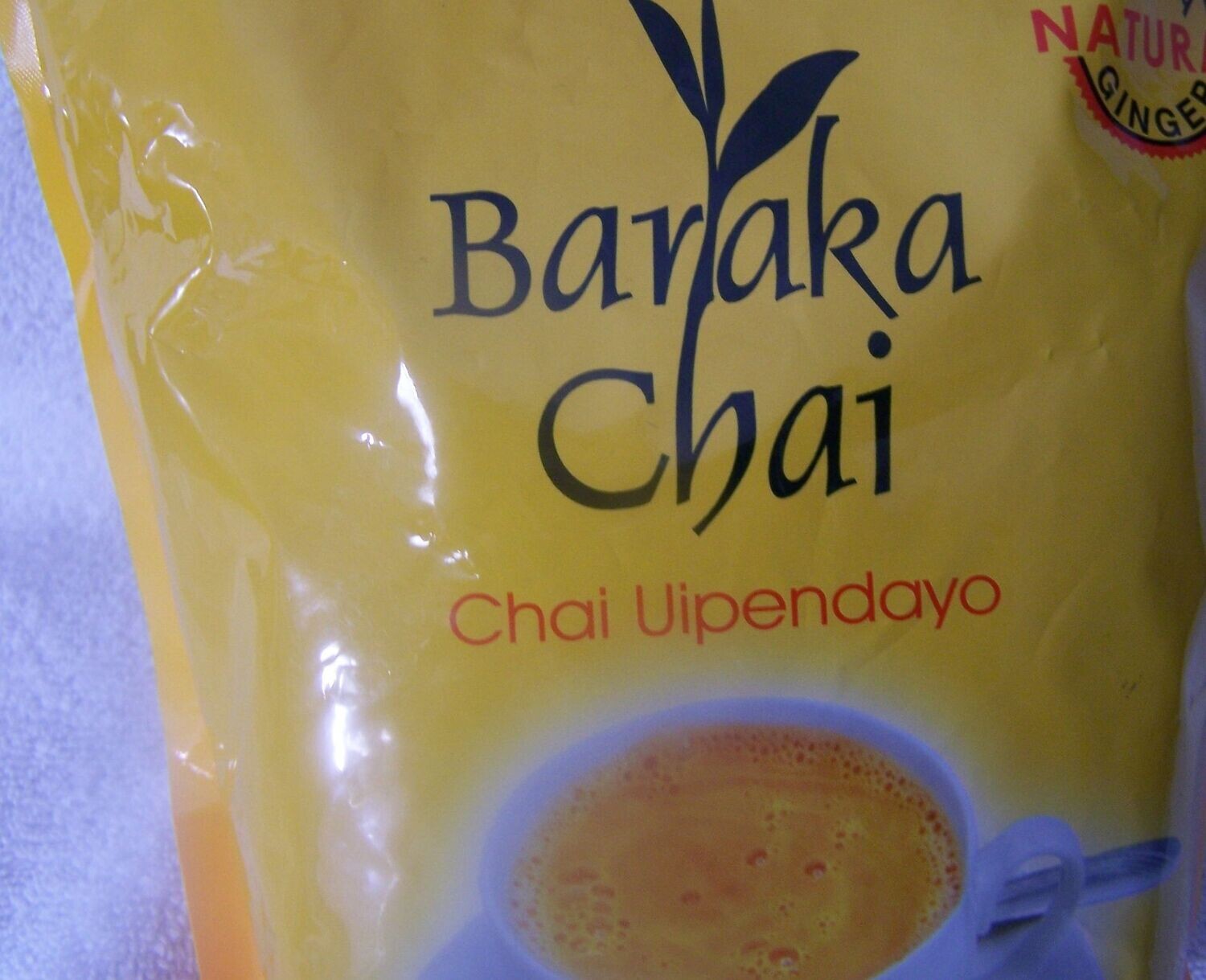call us : (603) 521-7180
-
Tenzi za Rohoni
Button -
The Lions Children's Bible
Button -
Uvoro Mwaro Kuri Andu Onthe: Embu Bible
Button -
Mitha Mugikuyu na Nyimbo Ciake
Button -
Biblia: Swahili Bible
Button -
Pipilia: Pokoot Bible
Button -
Iuku Ria Murungu: Meru Bible
Button -
Ibuku Ria Thara
Button -
Ibuku Ria Mahoya
Button -
Nyimbo Njeru cia Mitha Mugikuyu
Button -
Nyimbo Cia Kuguna Maroho
Button -
Nyimbo Standard
Button -
Nyimbo Cia Guchanjamura Ngoro
Button -
Sifuni Bwana
Button -
Mbivilia: Kaamba Bible
Button -
Wende Injili
Button -
Biblia Sinyati: Maasai Bible
Button -
Fahari ya Kenya - Black Tea
Button -
Eden Tea: The Finest Garden Tea
Button -
Melvins Pure Kenya Chai: Black Tea
Button -
Nyimbo za Injili
Button -
A Standard English Swahili Dictionary
Button -
A Standard Swahili English Dictionary
Button -
Sehemu za Biblia Kwa watoto
Button -
Swahili English Bible: New Testament
Button -
50g Dormans Supreme Granulated Instant Coffee
Button -
50g Kenya Highlands Pure Instant Coffee
Button -
50g Sasini Instant Coffee
Button
Categories
Categories
Saboat Language, Customs and Traditions
The Sabaot are one of the nine sub-tribes of the Kalenjin of Kenya and Uganda. The Sabaot in turn are divided into six communities largely identified by their dialects. These dialects of the Sabaot language are the Pok, Somek, Mosop, Kony, Bong'omek and Sabiny (Sebei). Being resident around Mount Elgon, the original homeland of most Kalenjin, the Sabaot are seen as the keepers of the authentic Kalenjin tradition. They and the area they inhabit are often referred to as Kapkugo (meaning grandparents/ancestors place) by other Kalenjin.
The Sabaot people were among the Southern Nilotic speaking communities, i.e. proto-Kalenjin, who moved into the western highlands and Rift Valley region of Kenya around 700 BC. Their homelands lay somewhere near the common border between Sudan, Uganda, Kenya and Ethiopia . Their arrival in Kenya occurred shortly before the introduction of iron to East Africa. [1]
Contemporary studies, supported by a number of historical narratives from the various Kalenjin sub-tribes point to Tulwetab/Tuluop Kony (Mount Elgon) as their original point of settlement in Kenya.
Featured Products
Search here
Your Cart Content
-
Melvins Masala Chai 250g
SKU 6161102040753$19.95Buy Now -
Melvins Tangawizi Chai 250g
SKU 6161102040210$34.95Buy Now -
Melvins Pure Kenya Chai - Black Tea 250g
SKU 6161102040883$14.95Buy Now -
Eden Tea - The Finest Garden Tea 500g
SKU 6161102750003$39.95Buy Now -
Eden Tea - The Finest Garden Tea 250g
SKU 6161102750027$19.95Buy Now -
FAHARI YA KENYA - BLACK TEA 250g
SKU 600-962-97-200-03$12.45Buy Now -
FAHARI YA KENYA - BLACK TEA 500G
SKU 6009629720003$24.95Buy Now -
FAHARI YA KENYA - BLACK TEA 100g
SKU 6009629720065$9.95Buy Now -
FAHARI YA KENYA - BLACK TEA 50g
SKU 6009629720072$7.95Buy Now -
FAHARI YA KENYA - MASALA TEA 250g
SKU 6161100931305$19.95Buy Now -
FAHARI YA KENYA - MASALA TEA 100g
SKU 6161100931299$12.95Buy Now -
FAHARI YA KENYA - TANGAWIZI TEA 100g
SKU 61611009303384$12.95Buy Now -
Melvins Pure Kenya Chai - Black Tea Plus Free Tangawizi Sample 500g
SKU 6161102041156$29.95Buy Now -
Sasini Gold Tea 500g
SKU 6164000767128$39.95Buy Now -
Baraka Chai Tangawizi (Ginger Tea) 500g
SKU 6161101860369$29.95Buy Now -
KETEPA PRIDE BLACK TEA; KENYA'S FINEST TEA BAGS 100 TEA BAGS
SKU 6009629720164$14.95Buy Now -
Kericho Gold Pure Kenya Tea 100 Refreshing Tea Bags
SKU 6161101860079$14.95Buy Now -
Baraka Chai Tangawizi (Ginger Tea) 100g
SKU 6161101860383$7.95Buy Now






























































